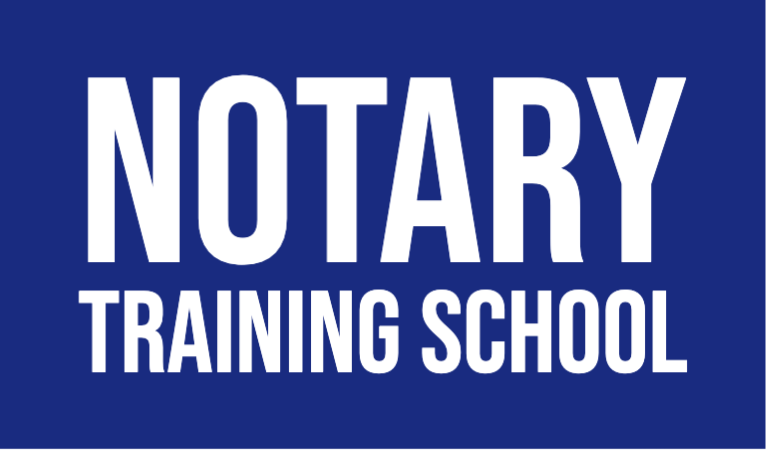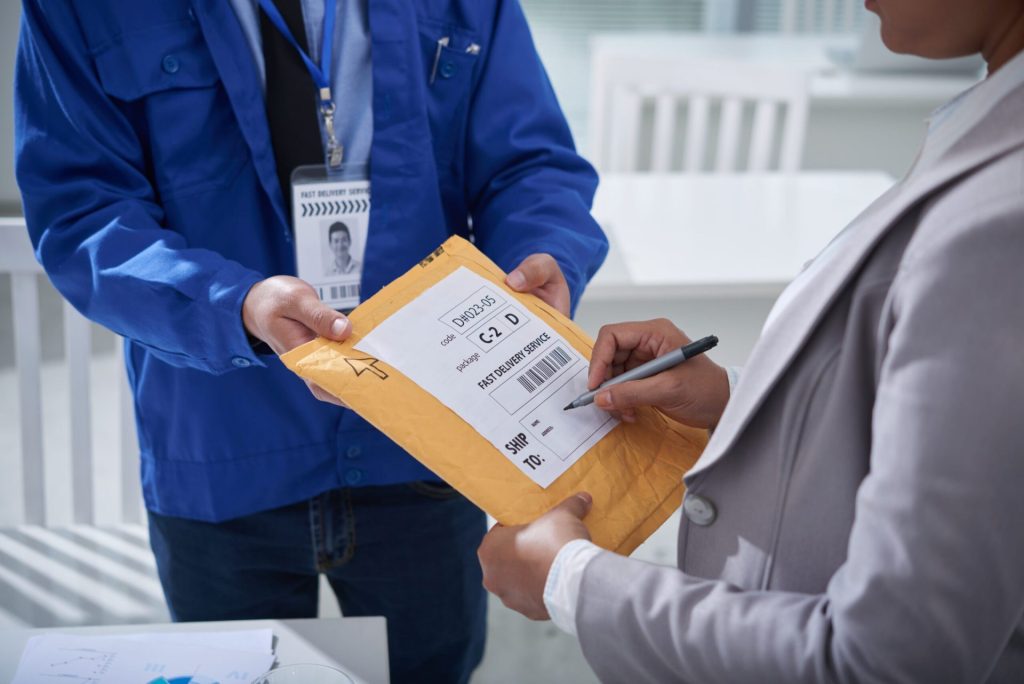Mastering Remote Online Notarization: Tips and Best Practices for Notary Signing Agents

Remote Online Notarization (RON) has revolutionized the traditional notary process by allowing notaries to perform their duties online. This shift has not only made notarization more convenient but also expanded the opportunities for notary signing agents. This article aims to provide essential tips and best practices for mastering RON, ensuring you can confidently offer this service while complying with all legal requirements.
Table of Contents
Understanding Remote Online Notarization (RON)

Definition and Explanation of RON
Remote Online Notarization (RON) refers to the process of notarizing documents electronically via the internet. Unlike traditional notarization, which requires physical presence, RON enables notaries to verify the identity of signers and notarize documents through video conferencing technology.
Historical Context and Evolution of Notarization
The concept of RON emerged as a response to the growing need for digital solutions in various sectors. The traditional notarization process, which dates back centuries, has always required in-person meetings. However, the increasing demand for remote services and the advent of advanced digital technologies paved the way for RON. The COVID-19 pandemic further accelerated its adoption, making RON an indispensable tool for notaries.
Differences Between Traditional Notarization and RON
Key differences between traditional notarization and RON include the use of digital signatures, electronic seals, and the necessity of robust cybersecurity measures to protect sensitive information. While traditional notarization relies on paper documents and physical interactions, RON leverages technology to facilitate the notarization process remotely, ensuring both convenience and security.
Legal Requirements for RON
State-Specific Regulations for RON
Navigating the legal landscape of RON can be challenging due to varying state regulations. Each state has its own set of laws governing the practice of remote notarization. It is crucial for notaries to familiarize themselves with these laws to ensure compliance. Some states have more stringent requirements, while others have more lenient regulations.
Federal Guidelines Affecting RON
While there are no federal laws that exclusively govern RON, several federal guidelines impact its practice. For instance, the Electronic Signatures in Global and National Commerce Act (ESIGN Act) and the Uniform Electronic Transactions Act (UETA) provide a legal framework for electronic signatures and records, which are integral to RON. Notaries must ensure their practices align with these guidelines to maintain legality and validity.
Staying Compliant with Varying Laws Across States
To stay compliant with varying state laws, notaries should regularly review state-specific regulations and participate in continuing education programs. Industry associations like the National Notary Association (NNA) provide valuable resources and updates on legal requirements. Additionally, subscribing to legal newsletters and joining professional networks can help notaries stay informed about changes in RON regulations.
Getting Started with RON Certification

Prerequisites for Becoming a Remote Online Notary
Becoming a certified Remote Online Notary involves several steps. Firstly, you must meet the basic requirements, which typically include being a commissioned notary public in your state. Additionally, you will need to complete RON-specific training and pass any required examinations. Some states may also require a background check to ensure the notary’s credibility and trustworthiness.
Step-by-Step Process for Obtaining RON Certification
The certification process generally involves:
- Applying for Authorization: Submit an application to your state’s notary commissioning authority for authorization to perform RON.
- Completing RON Training: Enroll in and complete a state-approved RON training course. This course covers essential topics such as identity verification, use of electronic signatures, and state-specific legal requirements.
- Passing Required Examinations: Some states require notaries to pass an exam to demonstrate their understanding of RON procedures and legalities.
- Procuring Necessary Technology: Ensure you have the necessary technology, such as a computer with a webcam, a secure internet connection, and RON software. This technology must comply with state regulations and industry standards for security and reliability.
Essential Tools and Technology Needed for RON
Equipping yourself with the right tools and technology is vital for a successful RON practice. Essential tools include:
- Video Conferencing Software: Reliable software that enables real-time video interaction with signers.
- Digital Signature and Electronic Seal: Secure methods for applying your notary signature and seal to electronic documents.
- Secure Cloud Storage: A secure platform for storing notarized documents and recordings of the notarization sessions.
- Identity Verification Tools: Technology that supports multifactor authentication methods, such as knowledge-based authentication (KBA) and credential analysis.
Conducting Remote Online Notarizations

Detailed Guide on the RON Process
Conducting a remote online notarization involves several critical steps to ensure the process is secure and legally compliant. The typical RON process includes:
- Identity Verification: Use multifactor authentication methods, such as KBA and credential analysis, to verify the signer’s identity. This step ensures that the signer is who they claim to be, protecting against fraud.
- Document Review: Ensure the document to be notarized is complete and ready for signing. Review the document with the signer to confirm their understanding and willingness to sign.
- Video Conference: Conduct the notarization via a live video conference. Observe the signer sign the document and ensure that the signing process is recorded.
- Notary Seal and Signature: Apply your electronic notary seal and digital signature to the document. This step finalizes the notarization process and validates the document.
- Record Keeping: Maintain a secure digital record of the notarization, including the video recording of the session and a digital logbook entry.
Best Practices for Verifying Signer Identity Remotely
Verifying the identity of the signer is a crucial aspect of RON. Best practices include:
- Using Multifactor Authentication: Implement multiple layers of identity verification, such as KBA and credential analysis, to ensure the signer’s identity.
- Secure Communication Channels: Conduct the notarization session over secure, encrypted video conferencing platforms to protect against eavesdropping and data breaches.
- Clear Instructions: Provide clear instructions to the signer on how to prepare for the RON session, including what identification documents to have ready.
Common Challenges and How to Overcome Them
Common challenges in RON include technical difficulties, identity verification issues, and ensuring legal compliance. To overcome these challenges:
- Technical Difficulties: Ensure you have a reliable internet connection and backup equipment. Conduct test sessions to familiarize yourself with the technology.
- Identity Verification Issues: Stay updated on the latest identity verification technologies and best practices. Use secure and reputable identity verification tools.
- Ensuring Legal Compliance: Regularly review state and federal regulations. Participate in continuing education programs to stay informed about changes in RON laws and best practices.
Security and Privacy Concerns in RON

Importance of Cybersecurity in RON
Security is paramount in RON. Ensuring data protection and privacy involves implementing robust cybersecurity measures. RON involves handling sensitive information, such as personal identification details and legal documents, making it a prime target for cyberattacks.
Measures to Ensure Data Protection and Privacy
To protect sensitive information, notaries should:
- Use Encrypted Communication Channels: Ensure that all communication during the RON session is encrypted to prevent unauthorized access.
- Secure Cloud Storage: Store notarized documents and recordings in secure, encrypted cloud storage solutions.
- Regular Security Audits: Conduct regular security audits to identify and address vulnerabilities in your RON process and technology.
Legal Implications of Security Breaches in Remote Notarizations
Legal implications of security breaches can be severe, including penalties and loss of notary commission. Notaries must be aware of the potential consequences of data breaches and take proactive measures to prevent them. In the event of a security breach, notaries should follow legal protocols for reporting and mitigating the breach.
Advantages of Remote Online Notarization

Convenience and Accessibility for Clients
RON offers numerous benefits, making it an attractive option for notaries and clients alike. The convenience and accessibility of RON allow clients to get documents notarized from anywhere, reducing the need for physical travel. This flexibility is especially beneficial for clients in remote locations or with mobility issues.
Increased Efficiency and Reduced Paperwork
RON streamlines the notarization process, resulting in faster turnaround times and reduced paperwork. Digital documents are easier to store, manage, and retrieve, enhancing overall efficiency. This efficiency translates to cost savings for both notaries and clients.
Potential for Expanding Your Notary Business
For notaries, RON opens up new business opportunities by expanding the geographic reach of their services. Notaries can offer their services to clients in different states, provided they comply with the relevant legal requirements. Additionally, the ability to offer RON can enhance your professional reputation and attract a broader client base.
Tips for Success as a Remote Online Notary
Building a Professional Online Presence
To thrive as a Remote Online Notary, focus on building a strong online presence. A professional website and active social media profiles can help attract clients. Your online presence should clearly communicate your RON services, qualifications, and contact information.
Effective Communication Strategies for Remote Notarizations
Effective communication is crucial in remote notarizations. To ensure a smooth process:
- Clear Instructions: Provide detailed instructions to clients on how to prepare for the RON session.
- Professional Demeanor: Maintain a professional demeanor during video conferences to build trust and confidence.
- Follow-Up: Follow up with clients after the notarization session to address any questions or concerns.
Continuing Education and Staying Updated with RON Trends
Continuing education is vital in staying updated with RON trends and legal requirements. Participate in webinars, workshops, and training programs to enhance your skills and knowledge. Staying informed about technological advancements and regulatory changes will help you provide high-quality RON services.
Conclusion
Mastering Remote Online Notarization requires understanding the legal landscape, obtaining the necessary certification, and continually refining your skills. By following the tips and best practices outlined in this article, you can confidently offer RON services and expand your notary business.






Responses